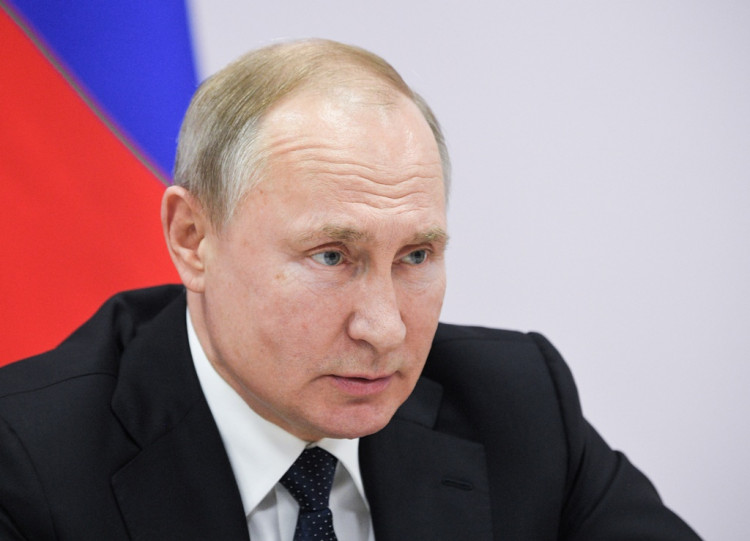The United States has determined that Russia likely launched a counter space weapon into low Earth orbit last week, which is now occupying the same orbital path as a U.S. government satellite, according to Pentagon spokesman Maj. Gen. Pat Ryder. The announcement, initially made public by Robert Wood, deputy U.S. ambassador to the United Nations, has raised concerns about the growing threat to space security and the potential for a nuclear arms race in space.
Ryder confirmed the assessment during a press briefing on Tuesday, stating, "On May 16, as you highlighted, Russia launched a satellite into low Earth orbit that we assess is likely a counter space weapon presumably capable of attacking other satellites in low Earth orbit." He added that the weapon's characteristics resemble previously deployed counter space payloads from 2019 and 2022, indicating a pattern of Russian attempts to threaten U.S. satellites.
The launch comes at a time when the U.S. and its allies are increasingly concerned about Russia's efforts to develop a nuclear space weapon capable of destroying commercial and government satellites. If deployed, such a weapon could create a massive energy wave when detonated, potentially crippling a vast swath of the satellites that the world relies on for communication, financial transactions, and internet access.
Ambassador Wood addressed the issue before a vote on a UN Security Council resolution drafted by Russia on outer space security, emphasizing that the May 16 launch "follows prior Russian satellite launches likely of counterspace systems to low Earth orbit in 2019 and 2022." He called the launch "troubling" and argued that it undermines Russia's claims of seeking outer space security.
The U.S. and Japan jointly introduced a UN Security Council resolution in April, calling for UN member states to refrain from developing space-based nuclear weapons. However, Russia vetoed the resolution, which the U.S. saw as a sign that Moscow is indeed pursuing a nuclear space-based weapon. National Security Adviser Jake Sullivan noted that despite President Putin's public statements denying Russia's intention to deploy nuclear weapons in space, the country's veto of the resolution suggests otherwise.
Russia introduced its own rival resolution earlier this month, calling for a permanent prohibition on the placement of weapons in space. However, the U.S. vetoed the resolution on Monday, with Ambassador Wood stating that it failed to "reaffirm the basic obligations of the Outer Space Treaty and avoid a nuclear arms race in space." He also criticized the resolution's call for a binding mechanism to ban any space-based weapons, arguing that such a ban "cannot be verified" and that the resolution was an attempt by Russia "to distract global attention from its development of a new satellite carrying a nuclear device."
While the Russian counter space weapon is still under development and not yet in orbit, its launch has heightened tensions and underscored the need for international cooperation to maintain a stable and sustainable space environment. The U.S. and its allies are working to deter Russia from developing a nuclear space weapon, recognizing the potentially catastrophic consequences of such a development.
Maj. Gen. Ryder emphasized the U.S. military's responsibility to protect and defend the space domain, stating, "We'll continue to balance the need to protect our interests in space with our desire to preserve a stable and sustainable space environment." As the situation unfolds, the international community will be closely monitoring Russia's activities in space and working to prevent the deployment of weapons that could threaten the security and stability of the space environment.






